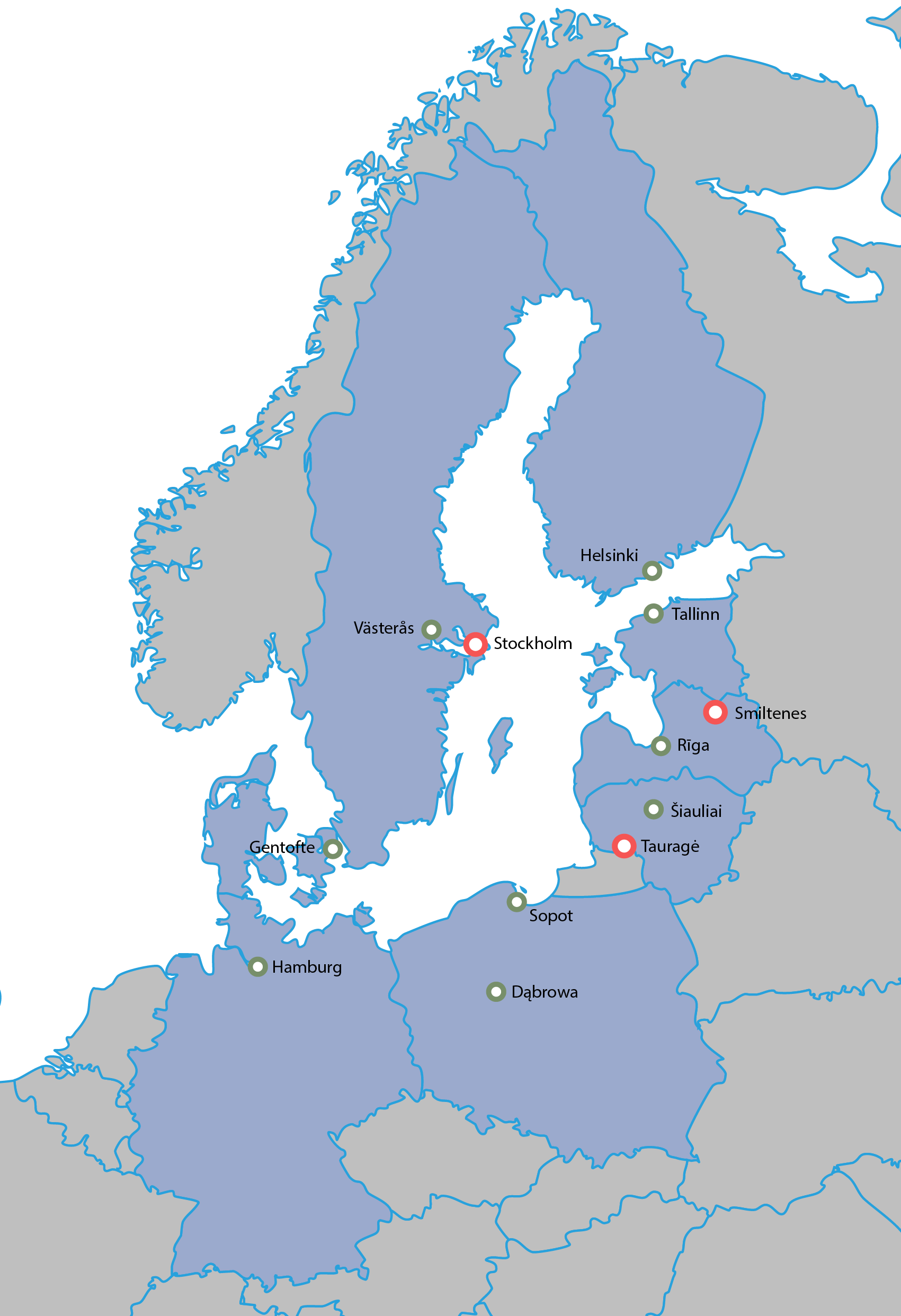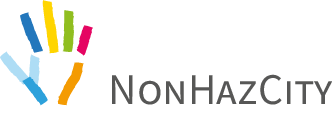ChemClimCircle – chemicals, climate and circularity
New INTERREG project examines ways towards a tox-free, climate-neutral and circular economy

ChemClimCircle is funded by the INTERREG Baltic Sea Region programme of the European Union
The ChemClimCircle approach
European municipalities procure services and goods on a large scale, as they are responsible for various public facilities in the fields of child and elderly care, construction, education, or traffic. For this reason, they have great potential to use the procurement process to achieve environmental goals. Green Public Procurement (GPP) can stimulate demand for more sustainable services and goods, thus promoting a regenerative circular economy and helping to support a toxic-free environment. Another benefit: financial savings for the public sector can also be achieved when the purchasing patterns are investigated more thoroughly.
On a positive note, several municipalities in the European Union have already started to develop Green Public Procurement (GPP) schemes. However, many of them are still in the early stages of this process and face various challenges, ranging from a lack of management support to a lack of knowledge in the organisation – concerning everything from market dialogues and requirements in the municipal units to selection of criteria and follow up processes. One of the greatest difficulties is the lack of a holistic approach: procurement managers often focus on individual goals such as climate neutrality while the topic of avoiding hazardous substances in the procured services and goods has received far too little attention so far.
And this is exactly where ChemClimCircle comes in: It combines the topics of chemicals, climate and circularity and will help municipalities to further develop their procurement strategy. The aim is to consider all three aspects already in the planning phase and to create an organisational structure that makes it possible to include more than just one sustainability goal in the procurement process.
Specifically, the ChemClimCircle approach will include the following levels:
- Strategic level – development of an overarching strategy and resulting action plan that supports the application of inclusive procurement criteria.
- Operational level – development of an appropriate structure that is aligned with the overall culture, goals, and strategy of the organisation.
- Procurement level – development of a procurement practice that incorporates tox-free, climate-neutral, and circular criteria into the process
Project Information:
- Start date: 01/2023
- End date: 12/2025
- Total budget: 499,940.00 €
- ERDF co-financing: 399,952.00 €
Project partners
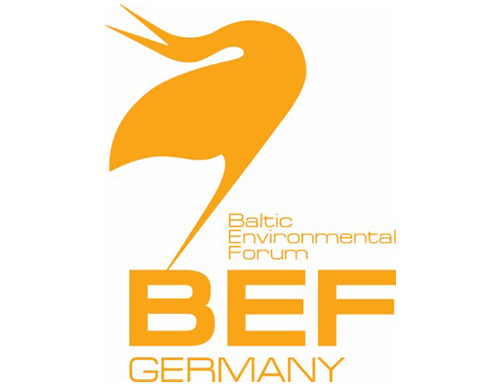
Baltic Environmental Forum Deutschland was founded in 2003 in Hamburg as a non-profit association and is the chair of the Baltic Environmental Forum Group – an international network with offices in Riga, Tallinn and Vilnius. BEF Germany has 18 years of experience in developing and managing projects mainly funded by the EU. Since its foundation, BEF Germany has implemented 45 projects – 250 for the entire BEF Group – in the fields of chemicals and waste management, climate change, energy efficiency, nature conservation, sustainable mobility and water quality.
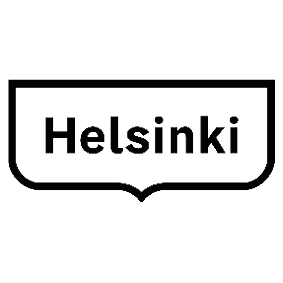
City of Helsinki is the largest operator engaging in public procurement in Finland with the annual volume of about four billion euros. The city of Helsinki has a long experience of sustainable procurement and strategic procurement management. In the procurement strategy, Helsinki has placed a great emphasis on the responsibility and effectiveness of procurement. Aim is to reduce negative environmental impacts and promote positive impacts and take the social responsibility better into account. The goals and measures related to the impact and responsibility help the City of Helsinki accomplish the goals set in its City Strategy and in other related development programmes for creating a more financially, environmentally and socially sustainable city.
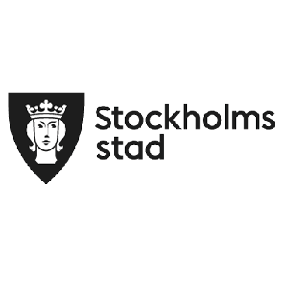
City of Stockholm is the largest municipality in Sweden with one million inhabitants, 42,000 employees and an annual spend of around four billion euros. The Chemical centre at the City’s Environment and Health Department is lead partner of the ChemClimCircle project. The function of the Chemical centre is to provide support to the various operations and units within the city in issues regarding choices of materials in connection to content of chemicals in articles and chemical products. This is done both by direct contact with pre-schools for example, as well as through participation in the central procurement processes with setting and following up of chemical criteria in the contracts. Furthermore, the Chemcial centre also measure content of hazardous substances in both old and new indoor item materials as well as in dust and air in preschools and schools. Construction materials have a specific focus and the city is contributing to the contiunation and development of an external system for assessing chemical content in construction materials, since many years.
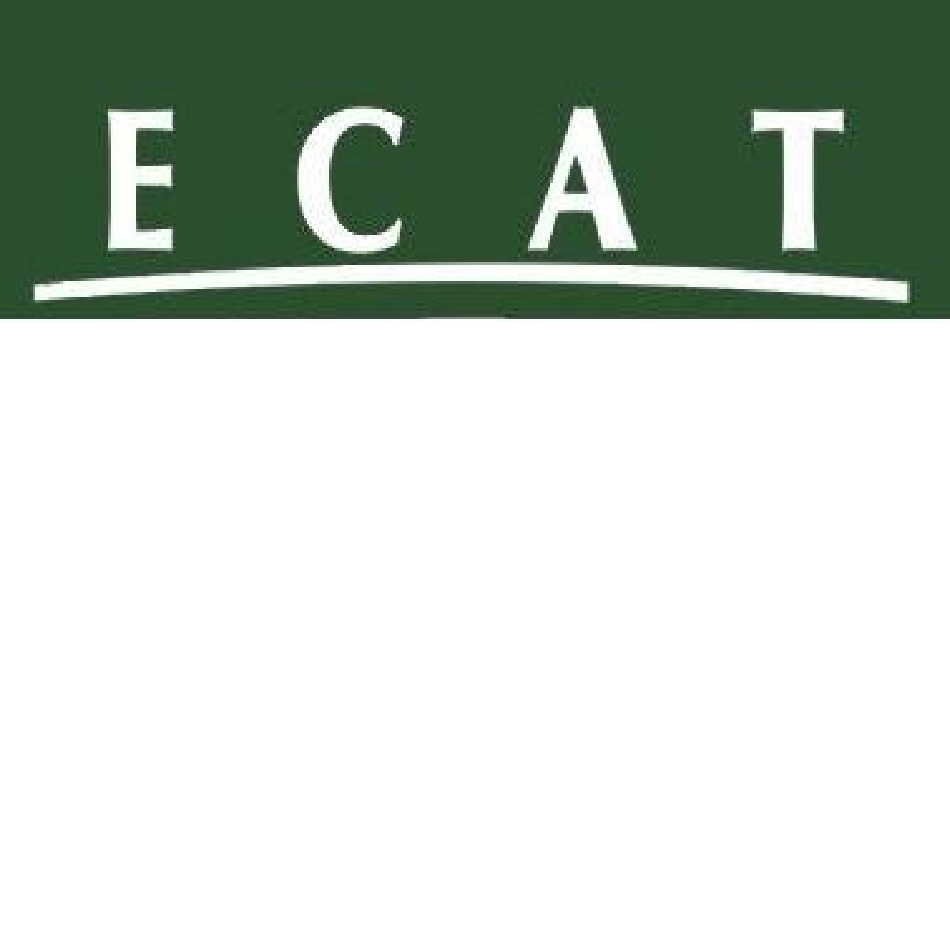
ECAT was established in 1997 with a mission to support, promote and strengthen the sustainable environmental activities in the municipalities and local communities. ECAT has a long experience in assisting and working with municipalities, communities, educational institutions and private companies across Lithuania, the Baltic Sea Region and wider EU member states. Organization has sound experience in implementing projects in the field of sustainable mobility, climate change, public education on waste management questions, sustainable lifestyles, public environmental awareness rising and others. ECAT experts prepare and implement environmental education programs, organize seminars and training for various target groups. During more than 20 years of its operation, ECAT has implemented, and been a regular partner in a large number of EU, national and local projects from the generation of ideas, design and planning to reporting and evaluation.
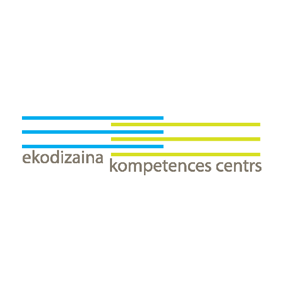
The Ecodesign Competence Centre was founded in the end of 2012 with a view to bring together eco-design experts in Latvia, in order to make information available to entrepreneurs and local governments on the development and assessment/selection of sustainable products, as well as collecting data and developing the local database, which is necessary for assessing the products’environmental performance.
Since 2012, the society has been active in green procurement, eco-friendly products (eco-labelling), greening, pesticide and chemical products, life cycle analysis and circular economy topics. We advise, train, tell and write on sustainable products and provision of sustainable services, green procurement and eco-labelling, and contribute to the development and implementation of environmental projects. We are members of the Pesticide Action Network, PAN Europe (http://www.pan-europe.info/ ) and members of the European NGO Green Public Procurement Co-operation Network (http://www.sustainable-procurement.org/the-european-ngo-network-on-gpp/ ).
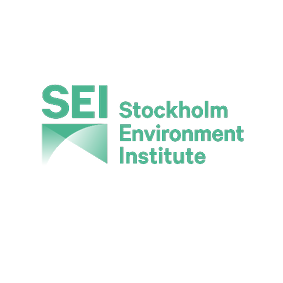
The Stockholm Environment Institute Tallinn Centre (SEI Tallinn) is an international non-profit research organisation that carries out applied research, stakeholder engagement and capacity building in the Baltic Sea Region and the EU. SEI Tallinn belongs to the SEI global research centres network. We work with partners from the public and private sectors to translate our knowledge into improved practice on the ground. SEI Tallinn has long-term experience in tackling environmental and sustainable development challenges (environmental management and governance, incl. green and circular public procurement; climate change mitigation and adaptation; circular economy and sustainable waste management; renewable energy; nature-based solutions, etc.).
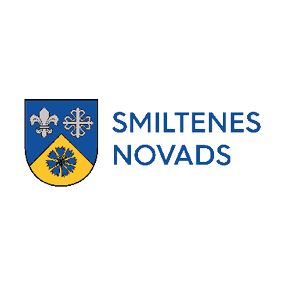
Smiltene Municipality is located in North East part of Latvia, has common border with the Estonia. Smiltene Municipality was established on 1st July 2021 unifying Smiltene City, Ape City and fourteen surrounding parishes. Municipality is one of the most economically active and fastest growing counties in Latvia, the main reasons being business development and intensive absorption of European Union funds. The municipality of Smiltene aims to become a sustainable county in making and implementing decisions friendly to future generations – smart use of resources, green economy, climate neutral environment and digital transformation.
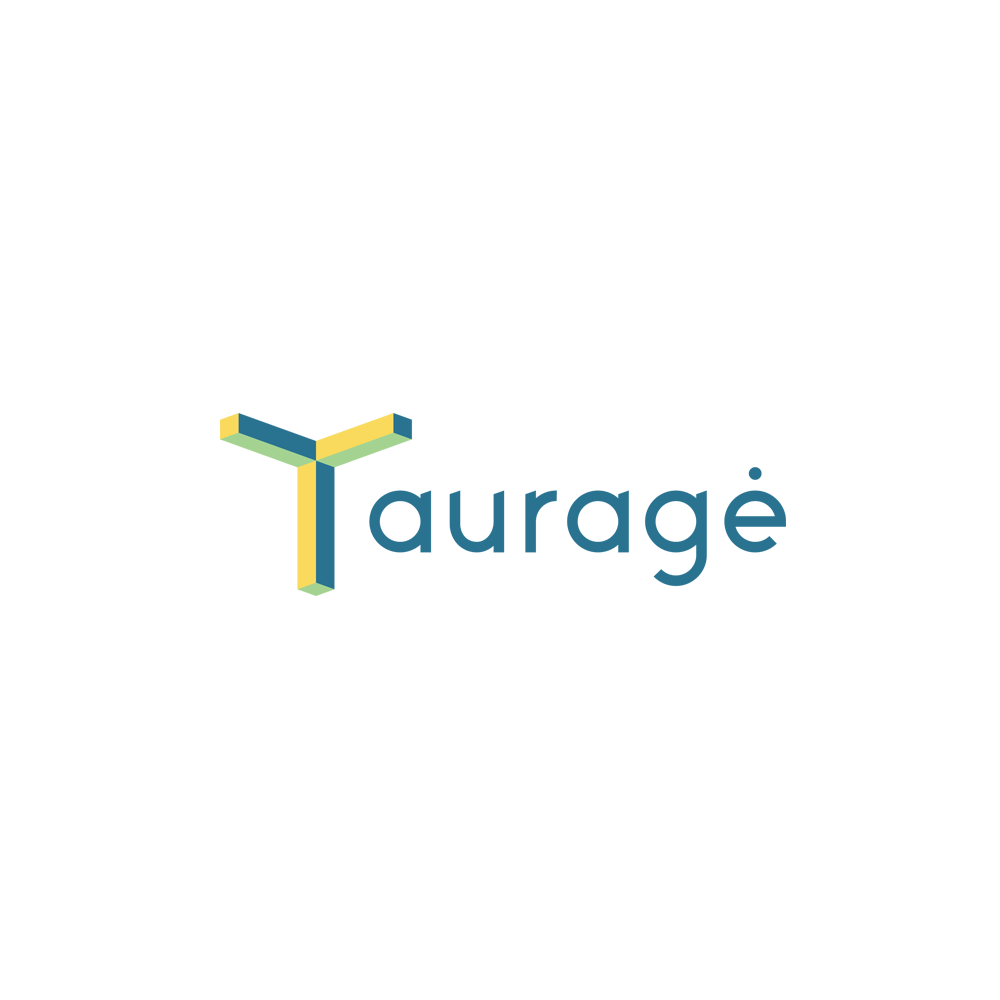
Tauragė district municipality was established in 1995 and is the biggest municipality of Taurage county with the population of 38 thousand. Tauragė district – the greenest district of Lithuania – such a message has been spreading since 2015. The idea to become the greenest quickly became one of the priority works of Tauragė municipality and continues to this day.
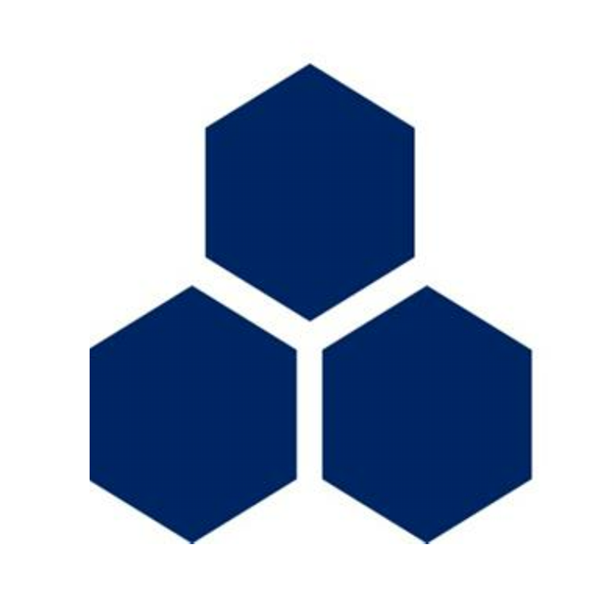
POMInnO is a small research and development company that supports and implements innovative projects, primarily in the fields of environmental protection and renewable energies. The company operates in three areas: Environmental and energy projects, business support services and wellness initiatives.
The expert activities are divided into the following thematic areas: Water and wastewater management, renewable energy sources, waste management, agriculture and environment, circular economy, innovative education.
Corporate and service activities include: Permit service, language service, import-export service, marketing service.
In addition, the company supports innovative welfare initiatives through: Network marketing, Affiliate marketing.
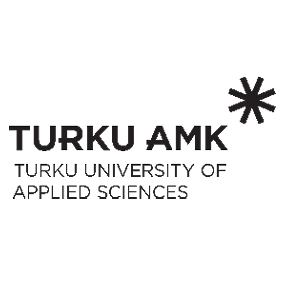
Turku UAS is a higher education institution of 12,000 experts, researchers, students, faculty members and teaching professionals. Turku UAS creates solutions for a better tomorrow – both regionally and globally. Turku UAS graduates are practice-oriented professionals with top competencies. As a significant regional actor, Turku UAS harbours close ties to businesses and municipalities in Southwest Finland. Turku UAS Water and Environmental Engineering Research Group has a long-standing commitment to the municipalities and to the City of Helsinki in the fight against chemical pollution of the Baltic Sea. In particular, Water and Environmental Engineering Research Group provides expertise to a coalition, consisting of the City of Helsinki and three other municipalities, which has signed a green agreement contract with the Ministry of the Environment and the Ministry of Social Affairs and Health on the use of green public procurement to reduce hazardous chemicals in kindergartens.
